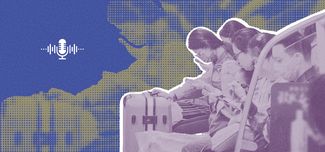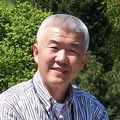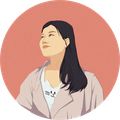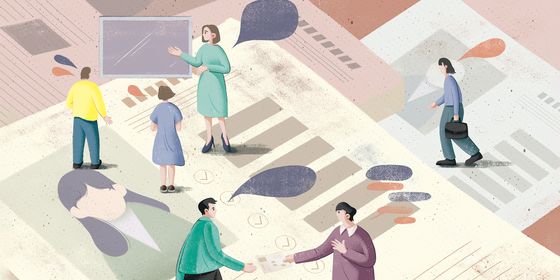Learn the Chinese character for work, labor, and toil
When it comes to Chinese works on maternal love, none can compete with Tang dynasty (618 – 907) literatus Meng Jiao’s (孟郊) poem “Song of the Traveling Son (《游子吟》)”: “Thread in the hands of a loving mother turns to clothes on the traveling son. She adds stitch after stitch before his departure and worries about his return. A grass blade is bathed in spring sun; how can its inch-sized heart return such love?”
Included in Three Hundred Tang Poems (《唐诗三百首》), compiled by the Qing dynasty scholar Sun Zhu (孙洙) in the 1760s, and now a must-read in primary school textbooks, the poem may be China’s most cited work on the topic, even though sewing clothes by hand is now mostly a thing of the past.
Meng wrote the poem while traveling back to his hometown Wukang (in present day Deqing county of Zhejiang province) to fetch his mother, after he took his first official position in Weiyang county (in today’s Jiangsu province) at the age of 50, expressing his gratitude to the woman who raised him and his two younger brothers alone—their father died when Meng was 10.
Meng’s scene of a mother, bathed in light, sewing clothes for her son reflects the composition of the earliest form of the Chinese character 劳 (láo, labor, toil), found on oracle bones from over 3,000 years ago—two 火 (huǒ, fire) on top and an 衣 (yī, clothes) below, with three dots that resemble stitches inside the 衣, which was later replaced by the radical 力 (lì, strength) and a form symbolizing a house above. The Analytical Dictionary of Chinese Characters (《说文解字》), written during the Eastern Han dynasty (25 – 220), interprets the form as “[When] a house is on fire, it takes hard work to extinguish it (熒,火燒冂,用力者勞 yíng, huǒ shāo jiōng, yònglìzhě láo).”
On the Character: 劳 is a story from our issue, “After the Factory.” To read the entire issue, become a subscriber and receive the full magazine.














